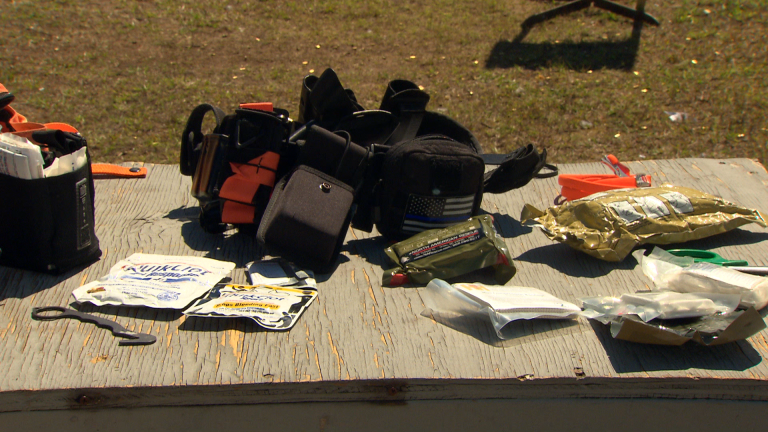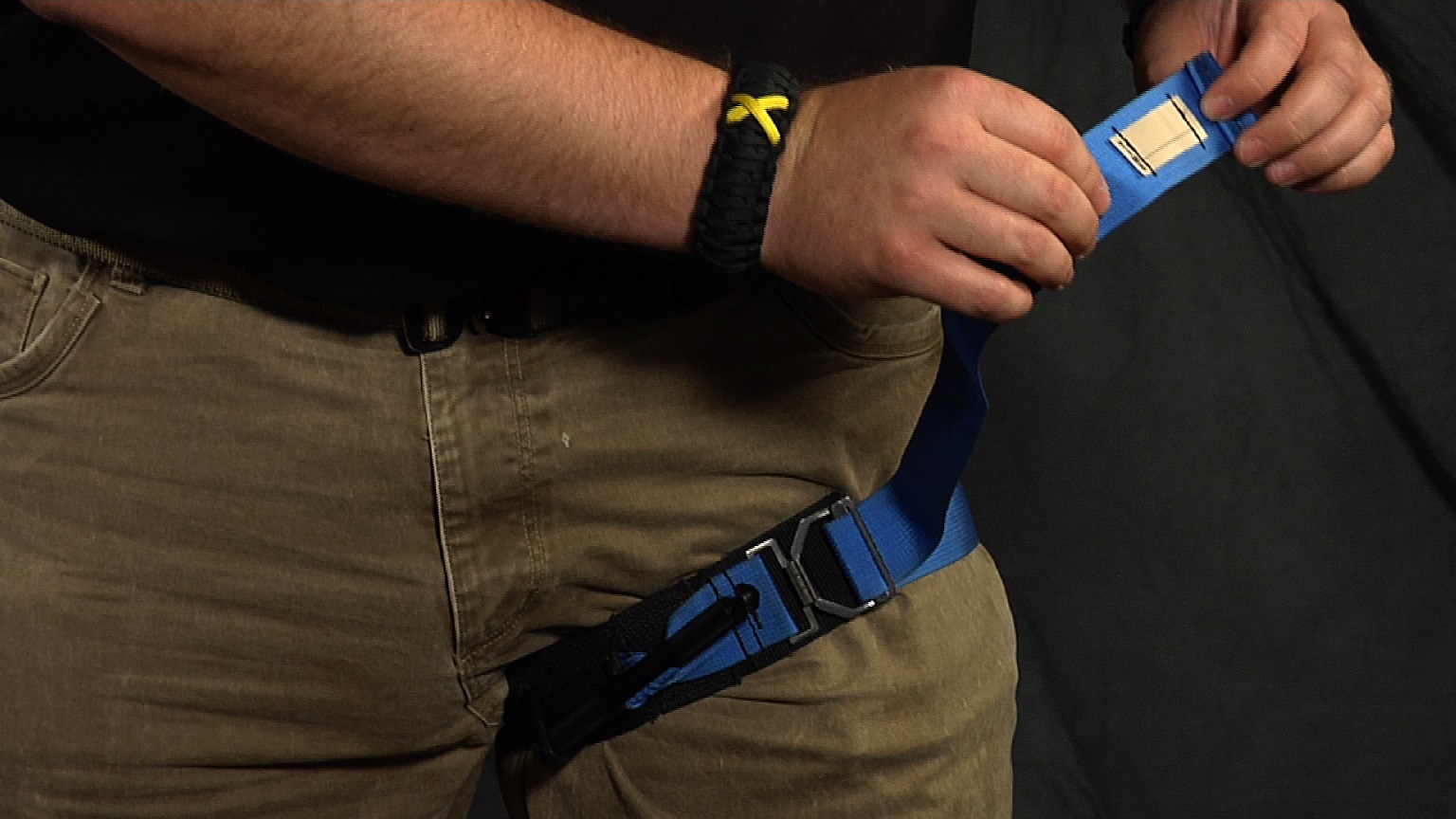I recently participated in a tactical rifle course and the instructor made a comment that got me thinking. During his introduction, he was laying down the safety rules for the course and said that if anyone gets injured to make sure and let him know immediately as he has a med pack on him and he "actually knows how to use it." I knew exactly what he meant. I've seen so many people with med packs on their battle/duty belts and I've always wondered if they would have the first clue how to use the contents of a med pack if something happened to them or someone else needing their help.
I've been thinking about how to build the essential skills I would need to plug a hole in someone well enough to buy some time before first responders arrive. There are countless classes available to help us be safer and more effective with our guns but I haven't seen much about people taking courses designed to build essential medical skills.
You can find some of these types of courses with a quick search online; however, I'm curious if anyone has participated in this type of essential medial course before? If so, what did you think?
I've been thinking about how to build the essential skills I would need to plug a hole in someone well enough to buy some time before first responders arrive. There are countless classes available to help us be safer and more effective with our guns but I haven't seen much about people taking courses designed to build essential medical skills.
You can find some of these types of courses with a quick search online; however, I'm curious if anyone has participated in this type of essential medial course before? If so, what did you think?



